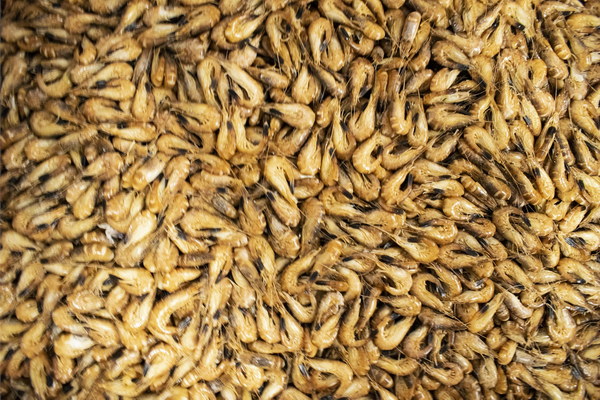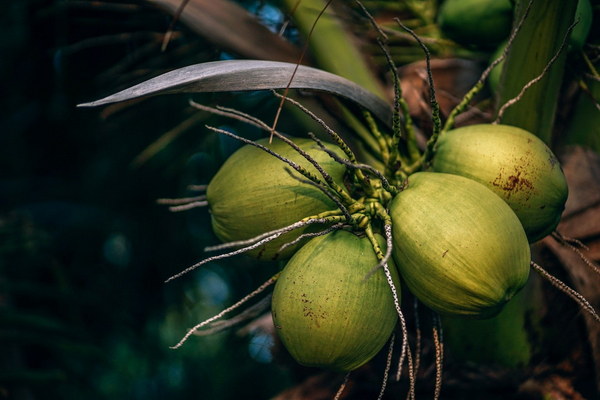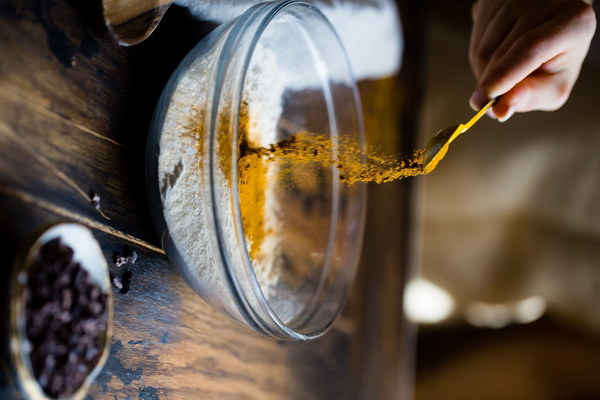Does Panax notoginseng Harm or Protect the Liver A Comprehensive Analysis
Introduction:
Panax notoginseng, commonly known as Sanqi in Chinese medicine, has been widely used for its medicinal properties. However, there has been a long-standing debate regarding its impact on the liver. Some believe that Panax notoginseng can harm the liver, while others argue that it can actually protect it. This article aims to shed light on this controversy and provide a comprehensive analysis of whether Panax notoginseng is beneficial or detrimental to the liver.

Harmful Effects on the Liver:
1. Toxicity:
Some studies have suggested that Panax notoginseng may have toxic effects on the liver. The presence of certain chemical compounds in the herb, such as notoginsenosides, can potentially cause liver damage. This toxicity may lead to liver inflammation, fibrosis, and even cirrhosis in some cases.
2. Drug Interactions:
Panax notoginseng may interact with certain medications, including those used for liver diseases. This interaction can result in reduced efficacy of the medication or increased side effects. It is crucial to consult a healthcare professional before combining Panax notoginseng with other liver-related medications.
3. Overdose:
Taking excessive amounts of Panax notoginseng can lead to liver damage. It is important to adhere to recommended dosages and avoid self-medicating with the herb.
Protective Effects on the Liver:
1. Antioxidant Properties:
Panax notoginseng contains powerful antioxidants that can help protect the liver against oxidative stress. These antioxidants neutralize harmful free radicals, reducing the risk of liver damage and promoting liver health.
2. Anti-inflammatory Effects:
The herb has been found to possess anti-inflammatory properties, which can help reduce liver inflammation. This can be particularly beneficial for individuals with liver diseases such as hepatitis or cirrhosis.
3. Hepatoprotective Effects:
Some studies have indicated that Panax notoginseng may have hepatoprotective effects, meaning it can help protect the liver from various forms of damage. The herb may aid in the regeneration of liver cells and improve liver function.
Conclusion:
The impact of Panax notoginseng on the liver can vary depending on various factors, including dosage, duration of use, individual susceptibility, and potential interactions with other medications. While some studies suggest that Panax notoginseng may harm the liver, others indicate its potential protective effects. It is essential to consult a healthcare professional before using Panax notoginseng, especially if you have pre-existing liver conditions or are taking other medications. By doing so, you can ensure that the herb is used safely and effectively to promote liver health.









